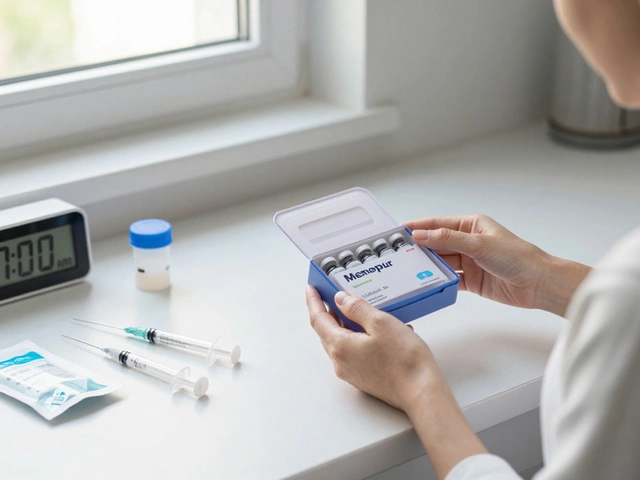The biological mother of an IVF baby is the woman who provides the egg-not necessarily the one who gives birth. Learn how genetics, surrogacy, and donor eggs shape parentage in IVF.
Read MoreSurrogate Mother: What It Really Means and How It Works in India
When someone becomes a surrogate mother, a woman who carries a pregnancy for another person or couple, often using embryos created through IVF. Also known as a gestational carrier, she has no genetic link to the baby in most modern cases—her role is to nurture the pregnancy until birth. This isn’t just a medical process; it’s deeply personal, often tied to love, loss, or the strong desire to build a family when biology won’t allow it.
Surrogacy in India has changed a lot since the 2021 law. Today, only altruistic surrogacy is legal—meaning the surrogate can’t be paid beyond medical and insurance costs. And it’s only allowed for Indian couples who’ve been married for at least five years and have proven infertility. No more commercial agencies, no more foreign couples, no more egg donation from the surrogate. The system is tighter, but still gives hope to those who need it. The IVF process, a medical procedure where eggs are fertilized outside the body and implanted into the uterus is almost always part of the journey. In fact, most surrogates here carry embryos made from the intended parents’ eggs and sperm—or donor ones if needed. That’s why you’ll see posts about IVF shots, IVF after baby, and IVF babies health mixed into this topic. Surrogacy doesn’t happen in a vacuum—it’s built on fertility treatments, emotional support, and careful medical planning.
Many people assume surrogacy is all about money or exploitation, but the real stories are quieter. A woman might do it because she’s had a smooth pregnancy before and wants to help a friend. Or maybe her own child was born with a condition, and she understands the pain of wanting a baby but not being able to carry one. The emotional weight matters more than the needle. The gestational carrier, a woman who carries a pregnancy but has no biological connection to the child often becomes part of the family’s story—not just a vessel, but a partner in their dream. That’s why posts about mental health, postpartum recovery, and even herbal supplements come up too. Stress, sleep, diet—all of it affects the pregnancy. Ayurveda, yoga, and natural remedies often play a quiet role in helping surrogates stay balanced.
What you’ll find here aren’t ads or legal templates. These are real experiences: what the shots feel like, how long recovery takes, how relationships shift, and what happens after the baby is born. Whether you’re considering surrogacy, supporting someone who is, or just trying to understand how it works in today’s India, this collection cuts through the noise. No fluff. Just what you need to know, from people who’ve lived it.





